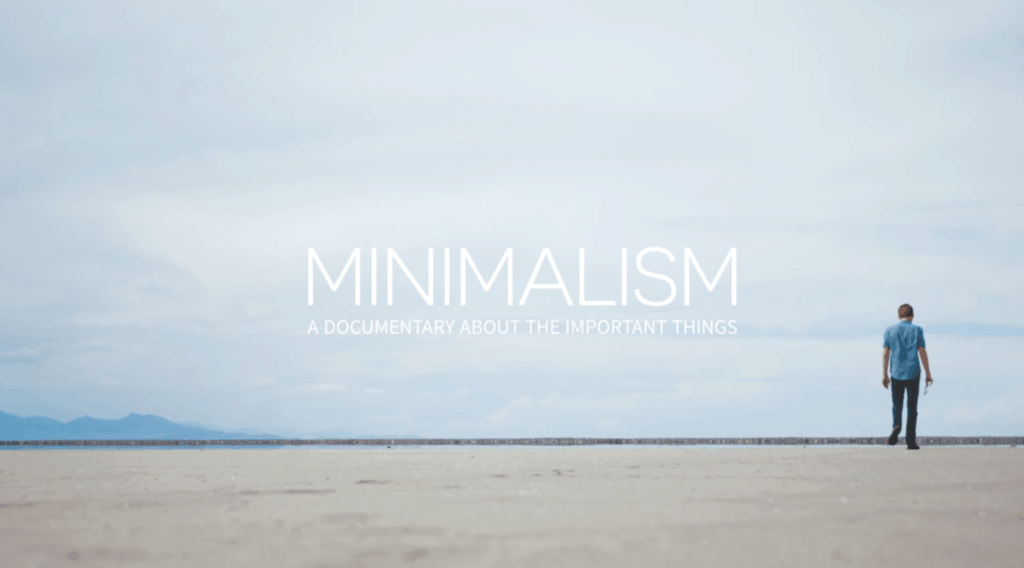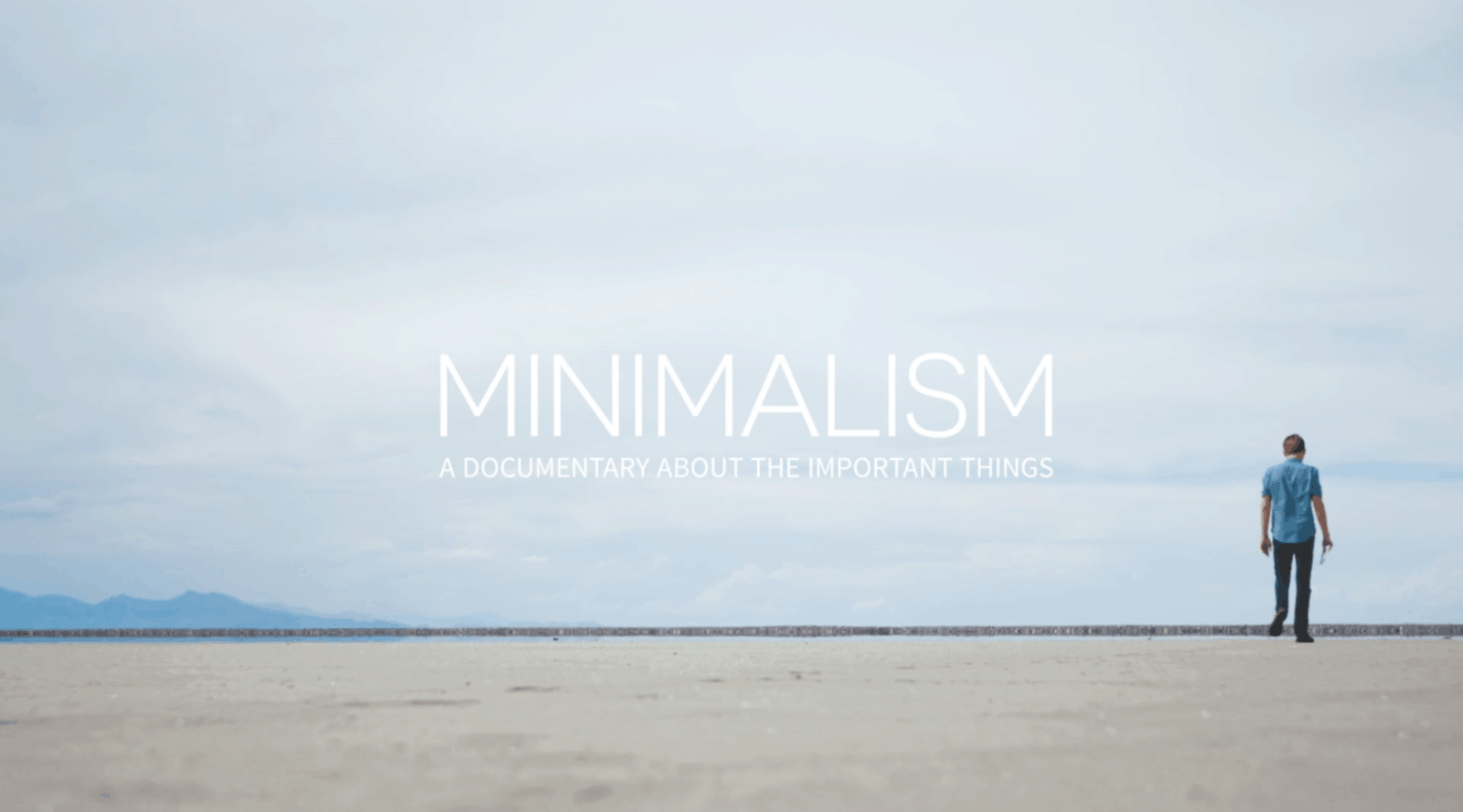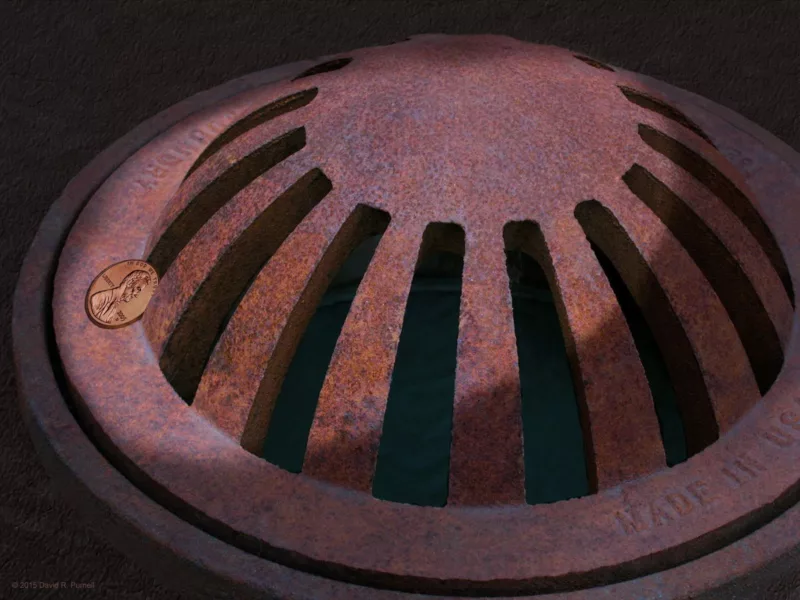Table of Contents
Information
Title: “Minimalism: A Documentary About the Important Things“
Length: 1h 18 min
Director: Matt D’Avella
Starring: Joshua Fields Millburn and Ryan Nicodemus
Editorial Reviews
A compelling subject to explore…takes a look at what it means to radically scale down and de-emphasize the accumulation of ‘stuff’.
Chicago Tribune
An excellent overview of a growing movement that could prove to be the salvation of our society, not to mention the planet at large.
Library Journal
Festival Awards
- Most Inspirational Documentary, Orlando Film Festival
- Best Documentary, Los Angeles Art-House Film Festival
- Best Documentary & Best Feature, Fort McMurray International Film Festival
Minimalism: A Documentary About the Important Things is a documentary starring the authors of two best-selling books on Minimalism and the faces behind The Minimalists Joshua Fields Millburn and Ryan Nicodemus. Millburn and Nicodemus are friends from college who sought the American Dream by playing the corporate big game.
Nonetheless, Millburn and Nicodemus soon found out that even though corporate life could open a lot of doors, the door to happiness wasn’t one of them. They had more money and goods but less happiness. So, at one point, they both decided it was time to put an end to the empty life of materialism and search for meaningfulness. In this documentary, the viewer is part of a road trip they embark on to promote their book, intertwined with opinions of experts from different fields.
Review

This documentary by The Minimalists starts with a reflection, voiced by Dan Harris, about the consumerist lifestyle we lead. It’s a very well accomplished beginning because of how enticing it is. It promptly addresses the core problems that have driven so many of us, including the interviewees, to a lifestyle change. The gathered footage is handpicked: hysterical masses, corporations, advertising, Black Friday. It starts, at the very beginning, to put into perspective the way we’re living today. The narrative cuts away to take a scrutinizing look at the global crisis of compulsive consumerism and the madness it leads to.
The story moves quickly but subtlety to how the authors are introduced to Minimalism. Nicodemus and Millburn start off by sharing a bit of their personal experience and conveying how the corporate life they thought they wanted was only leading them to massive debt and an equally massive emotional void.
The aspect that really made me enjoy this documentary was the fact that there are a lot of expert interventions that contribute greatly to the problem of our modern society. Likewise, the way the experts’ participation was arranged is exceptional: the film is divided into several parts, and each part concerns a different field.
First, in the scientific field, we have Rick Hanson who, as a neuropsychologist, presents the rather relevant question of “where does the want come from in a society that already has what it needs?” and Sam Harris, a neuroscientist, who addresses the issue of the glamour factory-produced by the advertisement machine spread across numerous magazines.
Next, within the social and historical realm, economist and sociologist Juliet Schor shares her analysis of consumption data in America while justifying the shift in American consuming habits.
Communications director of LifeEdited David Friedlander, architect Frank Mascia, and tiny-house designer Jay Austin join the conversation with their take on how architecture and home design need to change and what is the minimalist answer to the problem of having a lot of space occupied by a lot of clutter.
Naturally, fast-fashion is another topic of the documentary. The issue is presented by a woman whose name isn’t shown on the screen. Fast fashion is discussed from the point of view of control, belittlement of the person, and dehumanization.
Additionally to the experts from different fields, well-known personalities within the minimalist sphere also contribute to the film, such as Zen Habit’s Leo Babauta, Becoming Minimalist’s Joshua Becker, and Colin Beavan, aka “No Impact Man”.
To wrap up, a bridge is built between the previously mentioned problems (fast-fashion, modern architecture, and so on) and the environmental impact of consumerism.

The minimalist lifestyle is also pointed out as having a positive impact on health. Courtney Carver makes a guest appearance to talk about her project – Project 333 – and at one point shares how minimalism helped her fight battles and feel healthier and overall better.
The documentary succeeds once more due to the choices of content: at one point, there is a guest, Gail Steketee, whose expertise is compulsive-hoarding. Her presence is undoubtedly pertinent when addressing the dichotomy consumerism/minimalism. Such as Gail Steketee’s presence is relevant, so is AJ Leon’s, ex Wall-Street broker, giving us the perspective of someone who worked in the epicenter of consumerism and stress and decided to change completely.
For the ones involved in the documentary, the role of culture is enormous. Celebrities, advertising, and social media help build the illusion of a perfect lifestyle grounded on materialism as a synonym of happiness.
The film has very interesting and profound content, it shows different approaches of minimalism, tackles some misinformation regarding the lifestyle, such as minimalism not being the opposite of buying and owning things, and the cinematography, editing, production, sound, pacing, and structure were exceptional.
Nonetheless, the family background shared by Millburn and Nicodemus doesn’t seem to add anything relevant to the topic of minimalism. It honestly seems to have been shoved in the content net by force. Moreover, at times, the film seems more focused on where Millburn and Nicodemus are headed to, what they’re doing, and what their book is about than on the minimalist philosophy and lifestyle.
Although very interesting, the content does become a bit redundant after a while, in the sense that Millburn and Nicodemus keep repeating the same ideas, using different words.
Another aspect quite unlikeable was the section about Colin Wright. Firstly, it fits in the Extreme Minimalism category, which we don’t see as being beneficial; secondly, the way Wright finds the money to travel so much and rent apartments when needed is too vague. Minimalism needs to be realistic and pragmatic, however, Colin Wright’s story, based on what we extract from the documentary, is romanticized and fairly incomprehensible.


